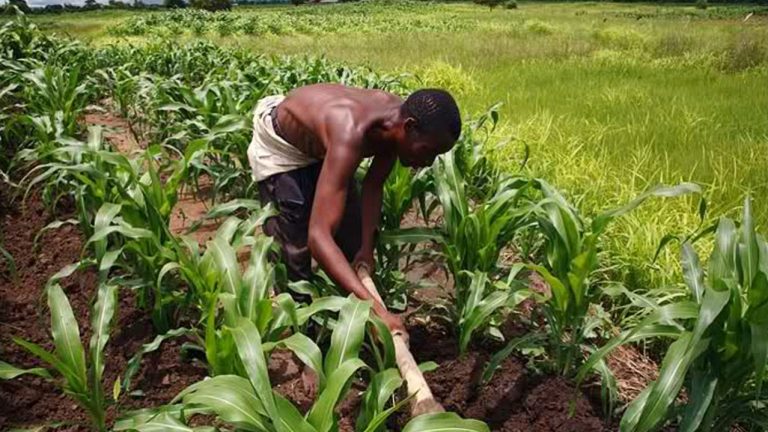•To restore 18,000 hectares of degraded land
The Food and Agriculture Organisation (FAO) has unveiled plans to restore 18,000 hectares of degraded land in Cross River and Ondo states, aiming to boost sustainable cocoa and oil palm cultivation while attracting up to $200 million in investments into Nigeria’s agricultural value chain.
Ms. Nifesimi Ogunkua, FAO Climate Change Specialist, disclosed this on Monday during a four-day FAO Participatory Informed Landscape Approach (PILA) Workshop in Calabar, as reported by the News Agency of Nigeria (NAN). She emphasized that the project is crucial for promoting regenerative agriculture and sustainable land management.
“The Food and Agriculture Organisation (FAO) and its partners are supporting the restoration of 18,000 hectares of land in two states for the sustainable cultivation of cocoa and oil palm,” the NAN report stated.
The initiative will rehabilitate 10,800 hectares in Cross River and 8,000 hectares in Ondo using integrated landscape management (ILM) frameworks. It also seeks to establish four integrated land-use plans at the local government level and strengthen four gender-sensitive policies, regulations, and financing frameworks.
Ogunkua highlighted that the project directly addresses gaps identified by the Federal Government regarding compliance with the European Union Deforestation Regulation (EUDR). Backed by the Global Environment Facility (GEF) and FAO, the initiative focuses on empowering smallholder farmers, improving land tenure systems, and enhancing women’s access to land.
Mrs. Iyabo Mustapha, Assistant Director of Land, Environment, and Climate Change at the Federal Ministry of Agriculture, underscored the project’s significance in helping farmers align with the EUDR, ensuring their competitiveness in European markets.
“If we fail to address these environmental concerns, the long-term impact could be detrimental—we may not have a viable environment for future generations,” Mustapha warned.
Mrs. Beatrice Nyiam, Chairman of Boki Local Government Area in Cross River, noted that Boki has suffered severe environmental degradation due to logging and excessive agricultural chemical use. She expressed optimism that the FAO initiative would restore ecological balance and help address these pressing challenges.
